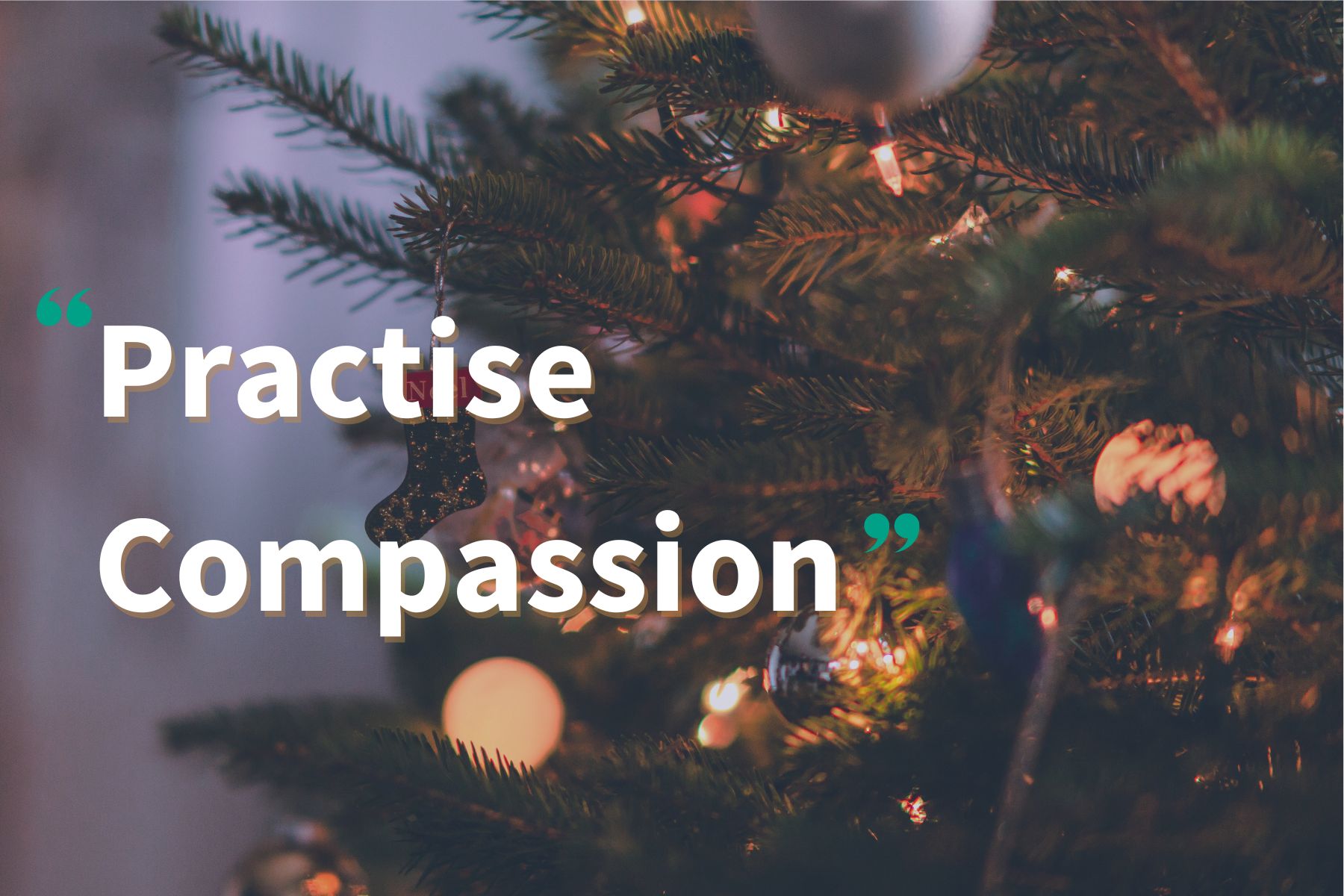Loneliness
There is perhaps nothing more lonely than believing everyone else is having a great time. This may be one reason why the group most likely to feel lonely at Christmas is not elderly people as we might expect, but younger people aged 18-24. Sadly many people who feel lonely don’t feel able to ask for help, or believe there is no support available for them, especially at Christmas.
Mental health and wellbeing
People who are experiencing issues with their mental health and well-being often find these problems are exacerbated at Christmas. More than any other time of year, it may trigger unwelcome thoughts or feelings about food and eating, anxiety around giving or receiving presents or difficulties in managing expectations around drinking alcohol. For people who have experienced a bereavement, the emotional overload may be enough to amplify their feelings of loss and grief to unbearable levels.
Financial pressure
The pressures on individuals and families to spend more than they have higher at Christmas than any other time. It is no-win for parents who either risk going heavily into debt so their children won’t miss out, or will feel they have failed, compared to all the perfect families they see celebrating cosily on their TV screens.
Time to be kind
At the end of Dickens’ well-known novella, ‘A Christmas Carol’, Ebenezer Scrooge says, “I will honour Christmas in my heart, and try to keep it all the year.” The reformed Scrooge is referring to kindness – something that at any time of year is free to give. In the midst of all our busy preparations, let’s find the time for a small act of kindness to someone who is struggling. It could add to our own enjoyment, as the Dalai Lama reputedly said,
“If you want others to be happy, practise compassion. If you want to be happy, practise compassion.”




